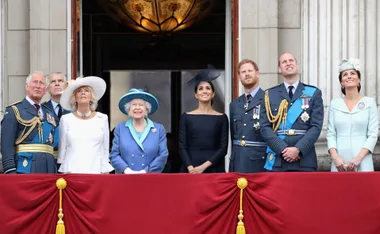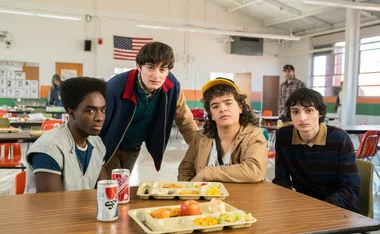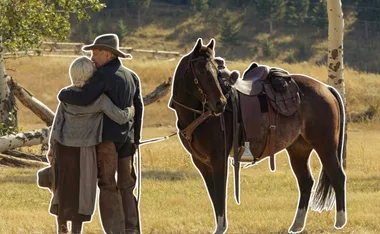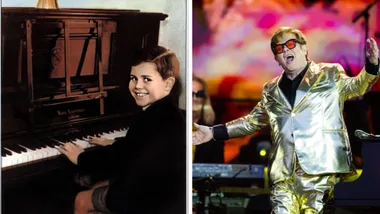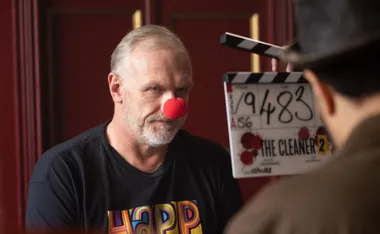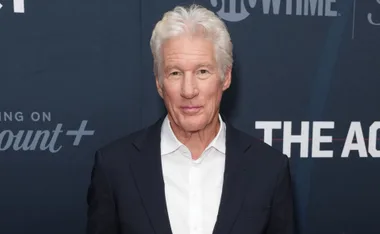When ARIA Hall Of Fame rocker Jimmy Barnes wrote his first memoir, the 2016 bestseller Working Class Boy, he tapped into a considerable reservoir of painful childhood memories. He then combined music with telling stories from the book during his first-ever “spoken word” tour.
But travelling back to his birthplace in Scotland, and childhood home in Elizabeth, South Australia, to film parts of the new documentary Jimmy Barnes: Working Class Boy affected him deeply.
“It got very confronting,” Jimmy, 62, tells TV WEEK. “It’s just very, very difficult. But at the same time, I’m so glad we made it.”

Legendary rock star Jimmy Barnes opens up about his childhood in the new doco.
Directed by Mark Joffe (Jack Irish, House Of Hancock), the acclaimed documentary features Jimmy, his family and his childhood friends talking about the events that shaped his formative years. Mixed in are historical images and videos, musical interludes from Jimmy’s stage shows, and new interviews with Cold Chisel’s Don Walker and Ian Moss.
On hearing Jimmy’s backstory, Ian, 63, says on camera he was “shocked, and even a little sad for him”.
“I didn’t know he had gone through that,” he adds.
For Jimmy, “that” included being born James Dixon Swan in a poor, brutish part of Glasgow to a boxer father and a mother who had five kids by the time she was 21.
He and his cousins Jim Duffy and Jack Oliver describe being raised in a place defined by violence and alcoholism, although Jimmy jokes, “I thought we were going to need subtitles for my Glaswegian cousins!”
In the hope of finding a better life, the Swans made the sea journey to Adelaide, eventually settling in Elizabeth. But their problems followed them.
“There was horrible violence and this twisted life going on, including in my home,” Jimmy says. “It was more than just poverty. It was lifetimes of conditioning with that whole thing of men having to be tough and governments controlling labour forces. All that stuff was really raw to me.”
Jimmy says he did the doco to “get this stuff out.”
Back in Elizabeth, Jimmy caught up with his friend Bill Brouwers, whom he hadn’t seen since he was seven.
Describing the street on which he grew up, Jimmy says, “In one house, I was terrified, which was our house. There was another house, two doors down, that I was sexually abused in. And then the house next to that was Bill’s house, which was like an oasis.”
Jimmy recalls speaking bits of Dutch with Bill and his family, who he would spend time with to get away from his own tumultuous household.
“His parents weren’t wealthy,” Jimmy explains. “They were in the same situation. They just had morals, some sort of compass.”
Finding his own compass would take a long time, Jimmy concedes. Both in his memoir and in the documentary, he relates conflicting emotions about his late mother Dorothy.
“I can intellectualise that mum had a tough time and was brought up worse than I was and did the best she could,” he says. “But then when you sit and think that we were abused in our own home by their friends continually, we were starved, deserted and abandoned continually, you have to think at some point she had to know she was doing the wrong thing.
“And so that makes me angry, you know. And listen, I know it’s a complex thing. I’ve made mistakes as an adult myself, so I have empathy for them. But no child deserves to be put through this sort of stuff.”
For more from our interview with Jimmy Barnes, pick up a copy of this week’s issue of TV WEEK.

